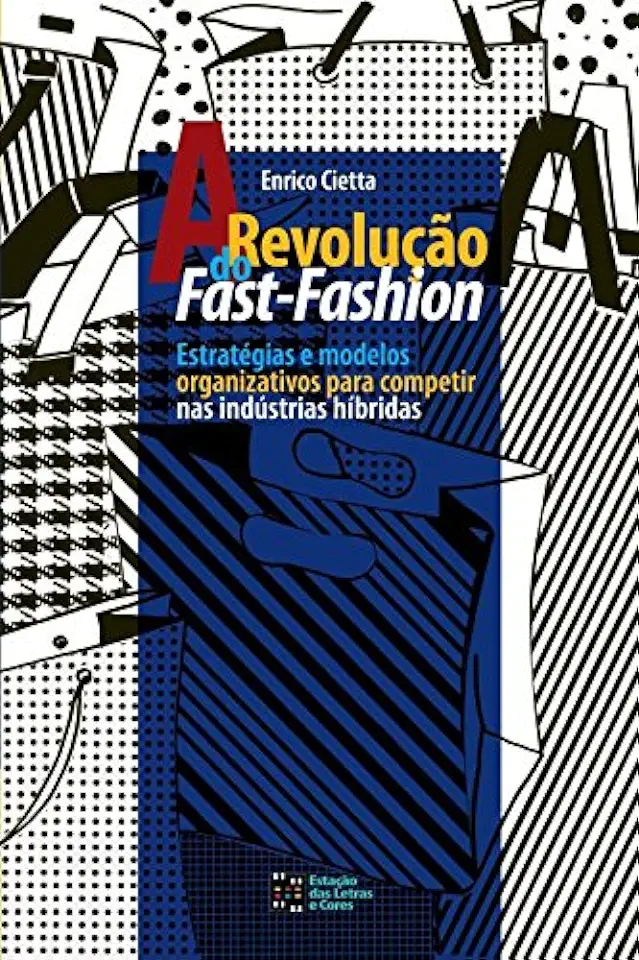
The Fast Fashion Revolution - Enrico Cietta
The Fast Fashion Revolution: A Radical Transformation of the Industry
Introduction
In today's world, fast fashion has become a pervasive force, shaping the way we consume and discard clothing. This industry, characterized by its rapid production cycles and low-cost garments, has come under increasing scrutiny for its negative environmental and social impacts. In his groundbreaking book, "The Fast Fashion Revolution," Enrico Cietta delves into the inner workings of this industry, exposing its flaws and proposing a radical transformation that prioritizes sustainability, ethics, and social justice.
The Dark Side of Fast Fashion
Cietta begins by painting a vivid picture of the devastating consequences of fast fashion. He unveils the shocking environmental toll of the industry, from the excessive water consumption and pollution to the mountains of textile waste that end up in landfills. Moreover, he exposes the deplorable working conditions in many garment factories, where workers are subjected to poverty wages, unsafe environments, and rampant labor rights violations.
A Call for Change
Cietta argues that the current fast fashion model is unsustainable and morally bankrupt. He calls for a fundamental shift in the way we produce, consume, and dispose of clothing. This transformation, he asserts, requires a collaborative effort involving consumers, designers, manufacturers, and policymakers.
The Principles of Sustainable Fashion
Cietta outlines the key principles that underpin sustainable fashion. These principles include:
- Slowing down production cycles: Reducing the frequency of new collections and focusing on timeless designs can help reduce waste and overproduction.
- Using sustainable materials: Opting for eco-friendly materials, such as organic cotton, recycled polyester, and Tencel, can significantly lower the environmental impact of clothing production.
- Improving working conditions: Ensuring fair wages, safe working environments, and respect for labor rights are essential for creating a more ethical fashion industry.
- Promoting circularity: Adopting circular fashion models, such as recycling, upcycling, and renting, can extend the lifespan of garments and minimize waste.
Empowering Consumers
Cietta emphasizes the crucial role of consumers in driving the fast fashion revolution. He encourages readers to become conscious consumers by making informed choices about the clothes they buy, supporting sustainable brands, and advocating for change.
The Future of Fashion
Cietta concludes by envisioning a future where fashion is no longer synonymous with exploitation and environmental degradation. He presents a compelling vision of a sustainable fashion industry that values craftsmanship, quality, and longevity, while ensuring social justice and environmental responsibility.
Conclusion
"The Fast Fashion Revolution" is a powerful and thought-provoking book that exposes the dark side of the fashion industry and offers a roadmap for transformative change. Enrico Cietta's passionate call for a sustainable fashion revolution is a must-read for anyone concerned about the future of our planet and the well-being of its people. Join the movement and be part of the change!